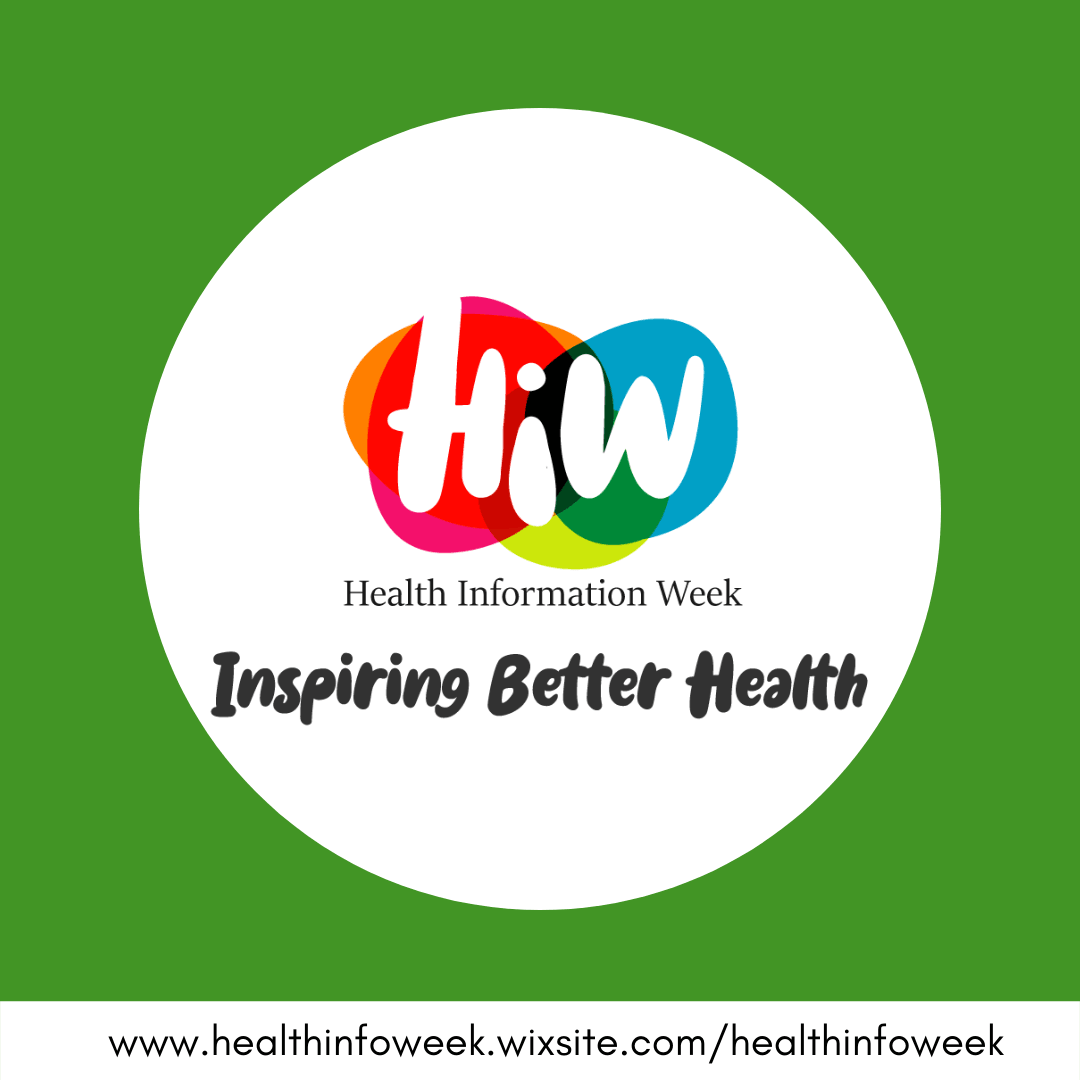Health Information Week
Health Information Week is a national, multi-sector campaign promoting high-quality information for patients and the public.
High quality health information can have a huge impact on people’s ability to stay healthy and manage illnesses effectively, giving them a better quality of life.
We all need health information that we can trust to look after our well-being; whether our mental health or our physical health.
The themes for this year are:
Winter health
Mental health
Wellbeing
Health literacy and misinformation
Digital literacy


As winter settles in, it’s essential to prioritise your health and well-being. Cold, wet and icy conditions can make existing health conditions worse, increase the likelihood of falls and make us more susceptible to colds and infections like flu, or negatively affect our mood or cause Seasonal Affective Disorder (SAD). Being cold can even raise your blood pressure, increasing the risk of heart attacks and strokes.
There are many things we can do to take extra care over the winter to lower these risks, which includes maintaining our physical and mental health. It is important to eat well, stay active, keep warm, and connect with friends and family.
Your physical health
Cold weather and your lungs (Asthma + Lung UK)
The right way to exercise in winter (Nuffield Health)
Winter vaccinations and winter health (NHS England)
5 ways to stay healthy in winter (British Heart Foundation)
Your mental health and wellbeing
Seasonal affective disorder (British Association for Counselling and Psychotherapy)
Seasonal affective disorder (MIND)
Seasonal affective disorder (NHS England)
World secrets of staying happy in winter (Age UK)
Winter wellbeing (British Psychological Society)

Supporting the digital literacy of our patients and in the wider community can help to reduce health inequalities and support local health and care priorities.
Developing digital literacy skills and capabilities for the whole of the NHS workforce is also important for delivering safe, effective, and person-centred 21st Century care. This must include both specialist content, such as genomics or AI, and more generic content, such as prescribing patient apps or professional social media use.
Resources to support digital literacy
Learn My Way is a website of free online learning for beginners, helping you develop digital skills to make the most of the online world.
The Complete Guide to Digital Skills introduces what digital skills are and why they are important, and offers a range of courses to support the development of digital skills.
Digital skills: succeeding in a digital world helps to develop people’s confidence in digital skills. It includes topics such as digital identity, digital well-being, staying safe and legal, finding and using information and online tools, and dealing with information overload.
The NHS Digital Academy hosts a range of learning materials to help NHS staff to develop key digital skills.
Patient guides to access online health services
NHS England has created a step-by-step guide to help patients to understand how the NHS app works.
NHS England has created easy read guides to help patients to access GP online services.
Learn My Way has created a series of self-learning e-learning courses that include registering with a GP, booking a GP appointment online, ordering a repeat subscription online and accessing your online health record.
Resources for NHS Staff
Allied Health Professional's digital competency framework (NHS England, 2020)
Digital inclusion for health and social care (NHS England, 2022)
Inclusive digital healthcare: a framework for NHS action on digital inclusion (NHS England, 2023)
Mitigating risks of digital exclusion in health systems (Good Things Foundation, 2024)
Moving from exclusion to inclusion in digital health and care (Kings Fund, 2023)
Pharmacy staff digital capability framework (NHS England, 2021)
